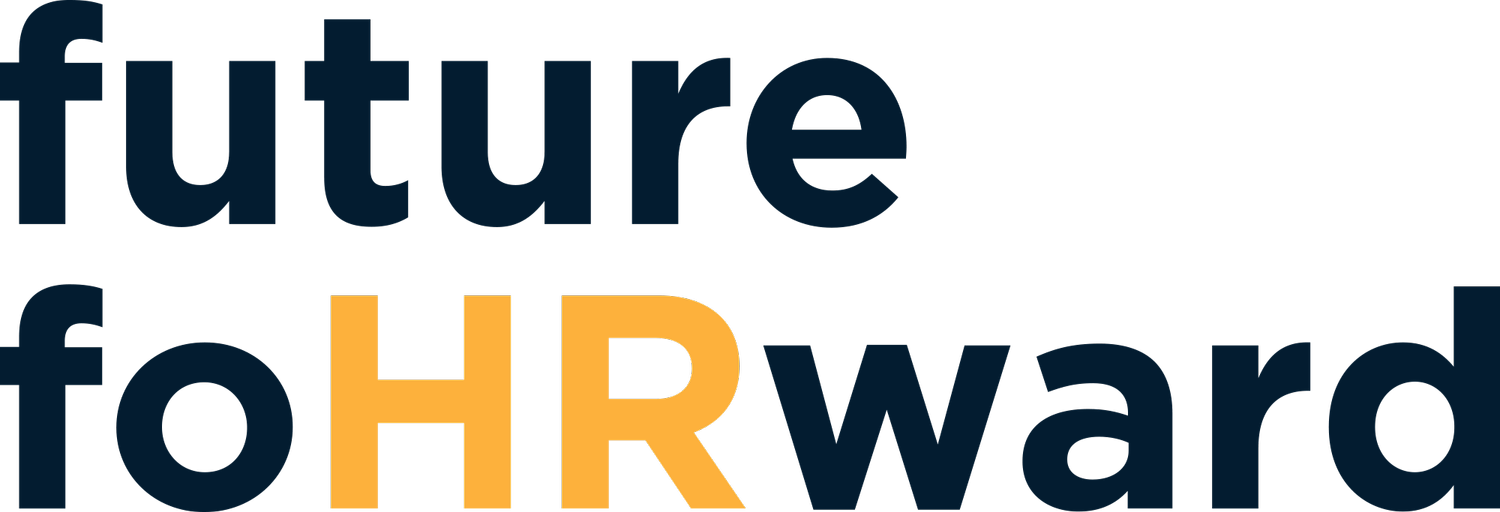The Future of Recruitment: AI's Revolutionary Impact on Talent Acquisition
In a foHRsight podcast conversation with Jonathan Kestenbaum, Managing Director at AMS and a veteran in the talent acquisition technology space, we explored how artificial intelligence is fundamentally reshaping recruitment. With billions invested in work tech over the past decade, we're witnessing a transformation that's both exciting and challenging for HR professionals.
The Evolution of Recruitment Technology
"We've gone from processes that have been done primarily on paper to processes that are now digital in nature to mobile... to automated workflows... to now intelligent, truly intelligent, predictive artificially intelligent engines," Jonathan explains.
The Recruitment Marketing Revolution
To illustrate this evolution, Jonathan traces the journey of recruitment marketing:
1. Traditional classified newspaper ads
2. Individual job board postings
3. Job distribution systems
4. Programmatic advertising
5. AI-powered intelligent matching and optimization
"Now we can actually have people apply to a job, use a gen AI lightweight assessment to assess the candidates, and then even determine which candidates are likely a fit for the role," Jonathan notes.
The AI Challenge: When Bots Talk to Bots
One of the most pressing challenges in modern recruitment is the emergence of AI on both sides of the hiring equation. Candidates are using AI to apply for jobs, while companies are using AI to assess applications. This creates what Jonathan calls a "bots talking to bots" scenario that requires a complete rethinking of the recruitment process.
Key Considerations for AI Implementation:
1. Process Readjustment: When and how humans should enter the process
2. Skills Assessment: Shifting focus from technical skills to soft skills and adaptability
3. AI as an Equalizer: *"AI is the great equalizer for knowledge work, just like machines were for physical labor"
Legal and Ethical Considerations
Jonathan, drawing on his legal background, emphasizes several critical points regarding AI in recruitment:
Core Legal Principles:
1. AI Accountability: "AI is not your get out of jail free card."
2. Compliance Requirements: AI must abide by existing federal civil rights laws
3. Mandatory Auditing: Annual third-party audits of AI technologies
4. Disclosure Requirements: Organizations must inform candidates about AI use
The Real Challenge: User Implementation
"Everyone thinks about the bias issue as the issue... it's actually only 10% of the problem," Jonathan reveals. The bigger challenge lies in how organizations use the technology within their processes.
The Future of Skills-Based Organizations
As AI integration accelerates, organizations need to reconceptualize how they think about jobs and skills:
1. Task-Based Analysis: Breaking down jobs into individual tasks
2. AI Integration: Determining which tasks can be automated
3. Skills Evolution: Identifying new skills needed as AI transforms roles
4. Workforce Planning: Creating strategies for reskilling and upskilling
Practical Steps for HR Leaders
For HR professionals looking to navigate this transformation, Jonathan offers clear guidance:
Getting Started:
1. Start with Business Problems: "Always start with the business problem... technology is just there to make that process more efficient"
2. Understand Available Solutions: Research and evaluate technology options
3. Consider Future Implementation: Plan for AI integration and data centralization
4. Focus on Process Design: Remember that "tech is only as good as the people and process you build around it"
Looking FoHRward: The Assembly Line for Knowledge Work
Jonathan sees the current transformation as similar to the Industrial Revolution: *"We're basically building the assembly line for knowledge work."* While this may lead to short-term disruption, he remains optimistic about long-term opportunities.
Future Considerations:
1. Data Centralization: Organizations need to address siloed data systems
2. Process Optimization: Redesigning workflows for AI integration
3. Training and Development: Preparing teams for AI collaboration
4. Change Management: Managing the transition to AI-enhanced processes
Conclusion
While the rapid evolution of AI in recruitment presents challenges, it also offers unprecedented opportunities to improve the hiring process. Success will depend on thoughtful implementation, careful consideration of legal and ethical implications, and a focus on maintaining the human element in recruitment.




